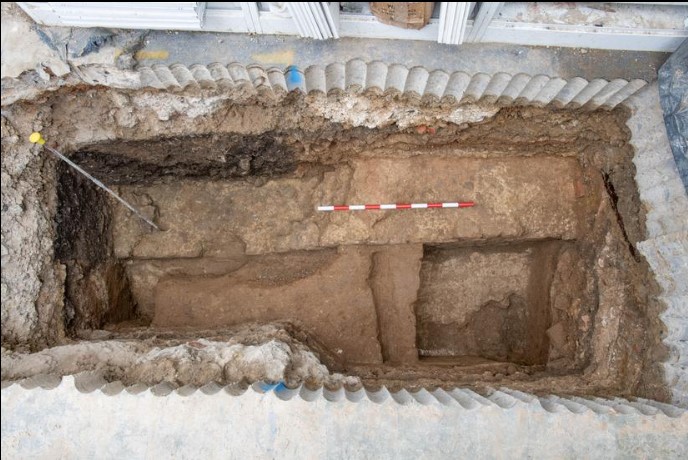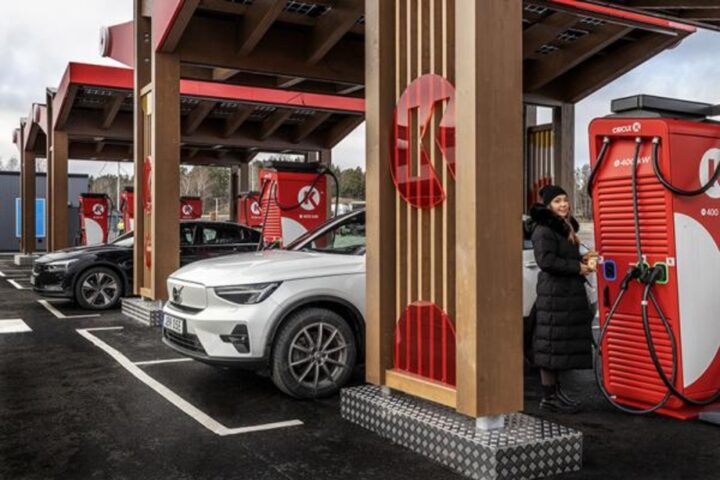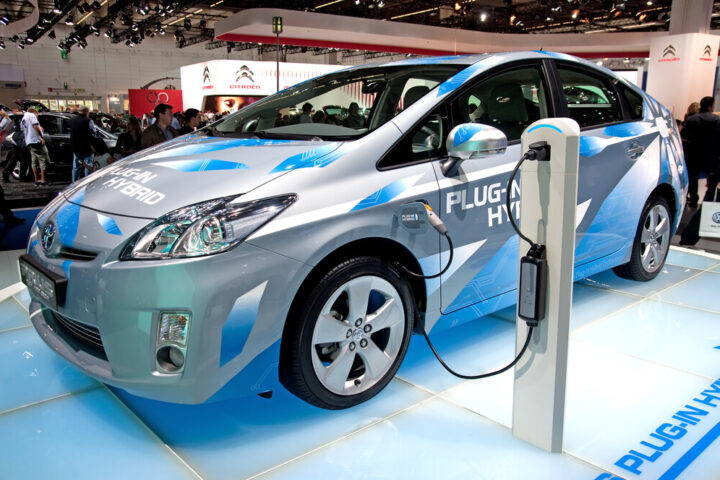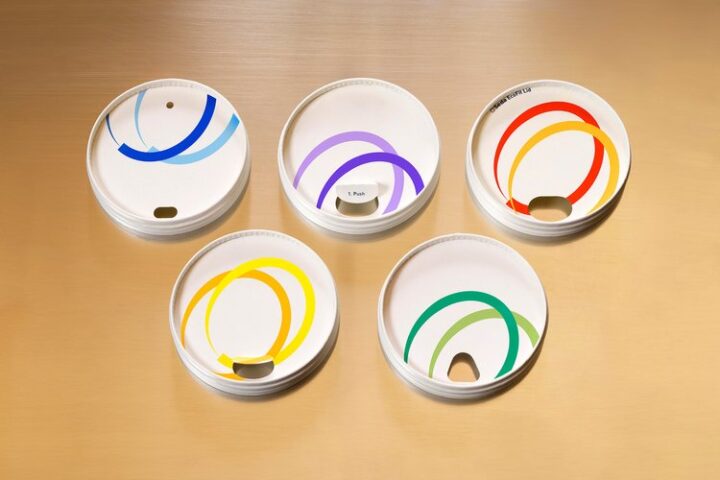Otokar, a subsidiary of Koç Group, is expanding its footprint in the electric vehicle sector in Europe, particularly in Italy. The company has secured a significant order for 29 e-Centro electric microbuses, marking a notable advancement in its green transport initiatives.
The e-Centro microbuses are designed and manufactured by Turkish engineers, showcasing the technical prowess of Otokar. These electric microbuses are compact with a length of 6.6 meters and can accommodate up to 32 passengers. They boast a 110 kWh battery capacity (split into two 55 kWh units), ensuring an efficient range of 200 km on a single charge.
The e-Centro is equipped with a DANA-TM4 engine, offering a balance of power and efficiency. Its design focuses on creating a cleaner environment and quieter traffic, with low operational costs and high efficiency.
These microbuses are destined for several Italian cities, including Rome, Siracusa, Salerno, Reggio Calabria, Cagliari, and Palermo. The initial phase will see these buses operating in Rome from early 2024, with subsequent deliveries to other cities planned for the second half of the year.
Similar Posts
Otokar is intensifying its presence in the European electric vehicle market. This is evident from its recent acquisition of Mauri Bus System, which has represented Otokar in Italy since 2010. This move solidifies Otokar’s foothold in the Italian market.
The company is not only expanding in terms of market reach but is also investing in new zero-emission technologies. This aligns with their vision of being a leader in sustainable and efficient transportation solutions.
Kerem Erman, Deputy General Manager of Otokar Commercial Vehicles, expressed great pride and satisfaction in the reception of e-Centro in the European market. He emphasized the microbus’s capabilities in offering a comfortable public transportation experience, highlighting its large interior volume and fast charging features as key advantages.
The order of e-Centro microbuses by Italy is part of a larger trend in the shift towards electric public transportation in Europe. This move is crucial in meeting the growing demand for sustainable and efficient urban mobility solutions.
















